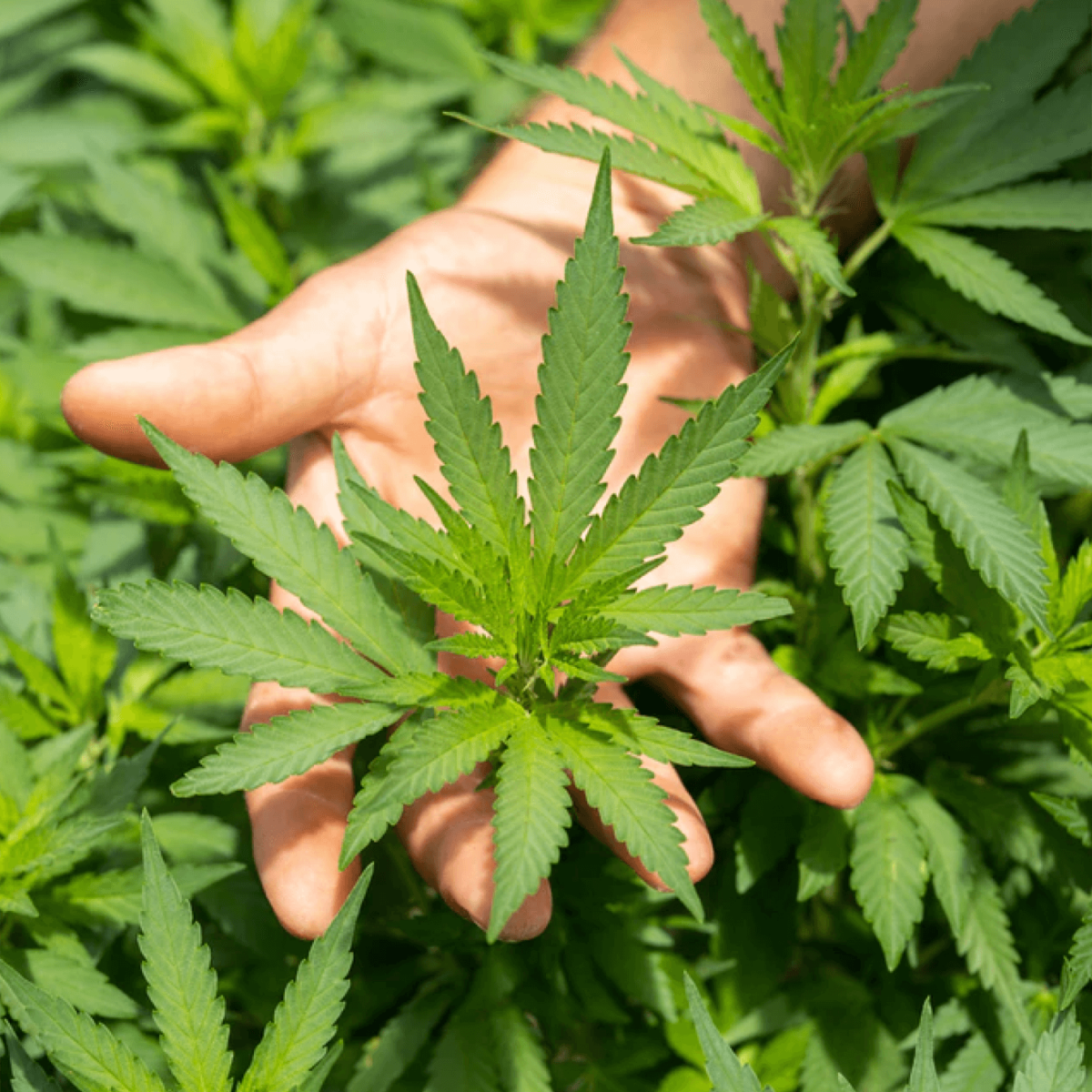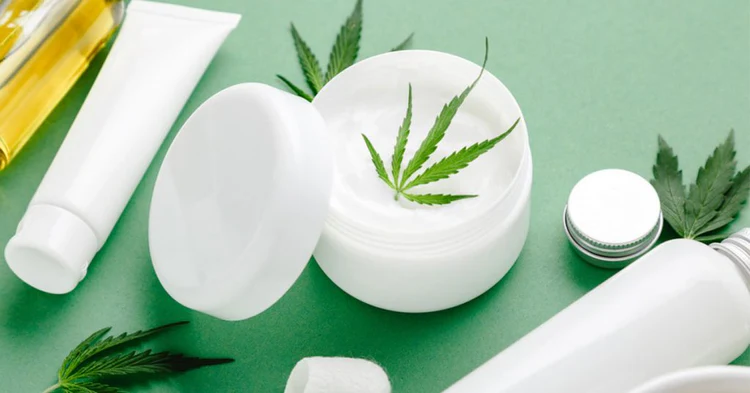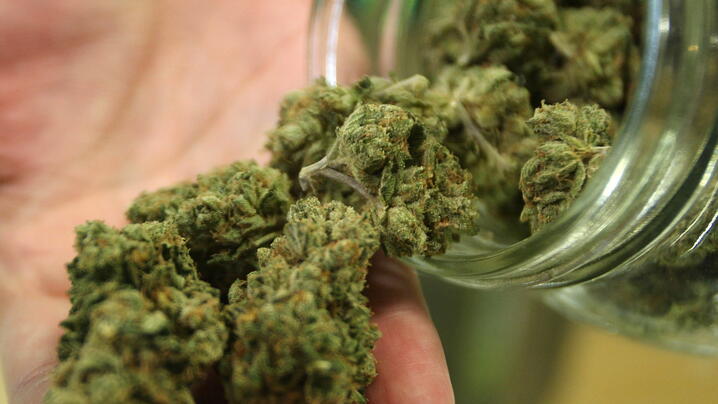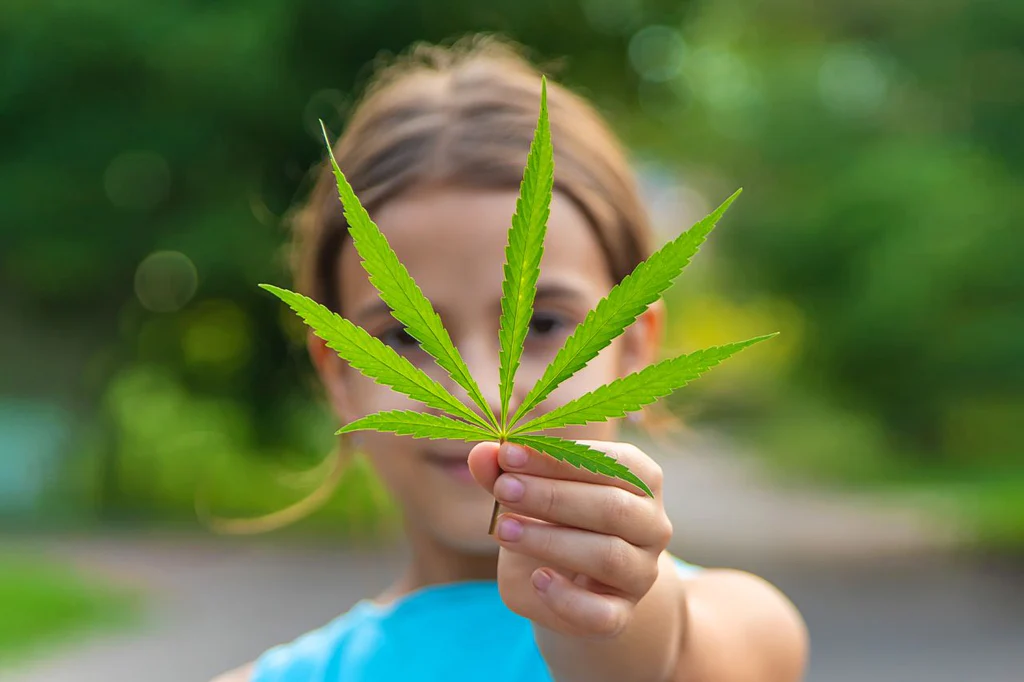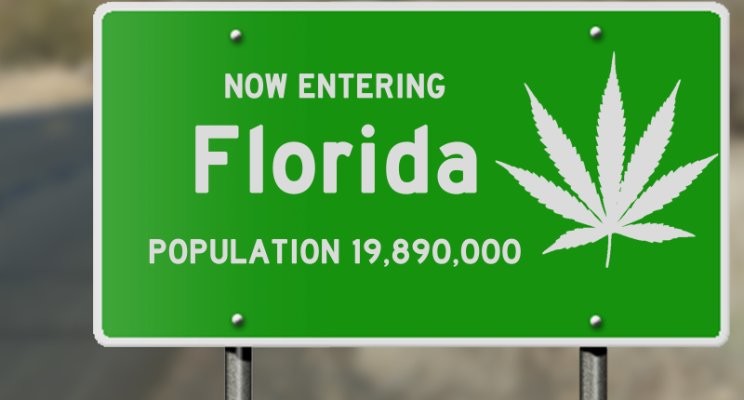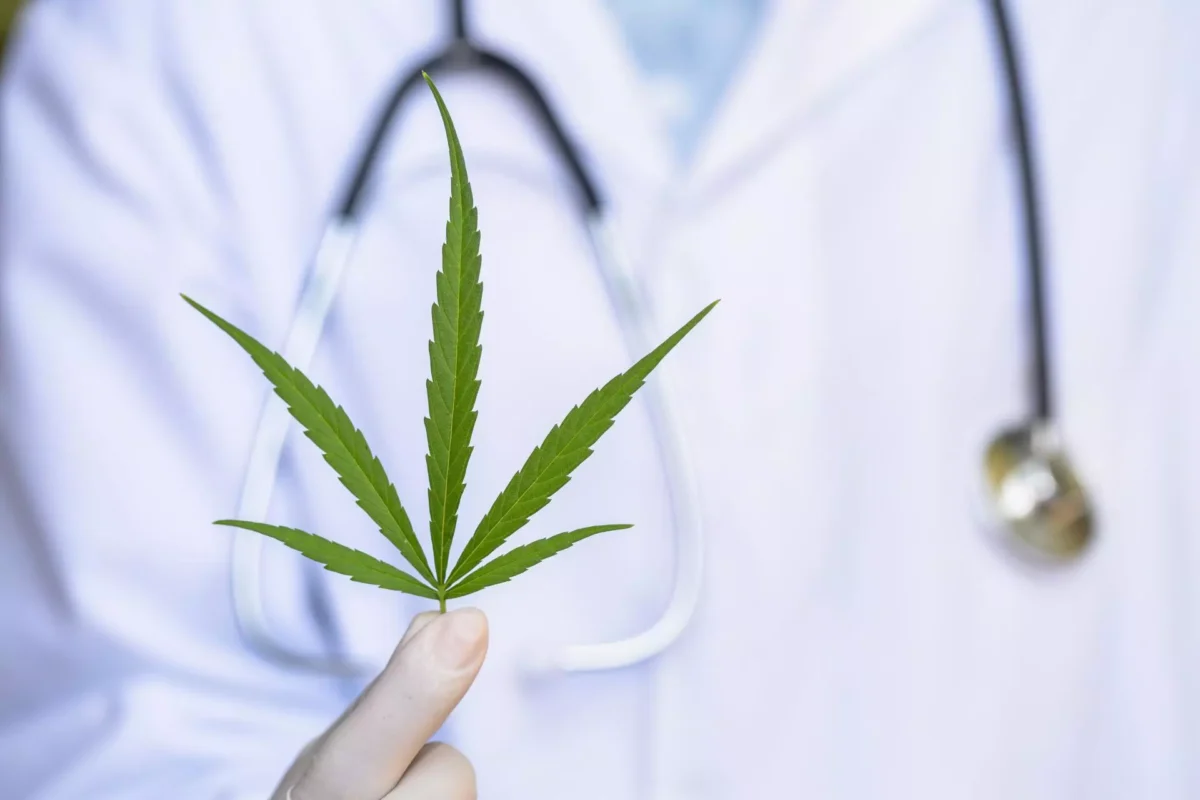Florida’s Marijuana Legalization Initiative Poised for Success, New Poll Shows Broad Bipartisan Support
Tallahassee, Florida – A new Fox News poll reveals that Florida’s marijuana legalization ballot initiative, Amendment 3, is on track to pass in the forthcoming November election. The survey shows that approximately 66% of likely voters are in favor of the measure, which aims to legalize cannabis possession and use for adults aged 21 and over.
Poll Findings
The poll underscores significant bipartisan backing for Amendment 3, with strong support from Democrats, independents, and a notable segment of Republicans. The most striking finding is the unanimous support from voters aged 18 to 29, illustrating a generational shift in favor of cannabis legalization.
Morgan Hill, spokesperson for Smart & Safe Florida—the organization championing the initiative—voiced optimism regarding the poll results. “These findings highlight that Floridians are ready for a more rational cannabis policy,” Hill said. “Legalizing recreational marijuana aligns with our core values of health, safety, and personal freedom.”
Details of Amendment 3
Should Amendment 3 pass, it would permit adults aged 21 and older to possess up to three ounces of marijuana and five grams of cannabis concentrates. Current medical marijuana dispensaries would be allowed to sell cannabis products to recreational users, and state legislators would be tasked with regulating new entrants into the market.
Campaign Strategies
In a bid to secure broader support, Smart & Safe Florida has launched a high-profile advertising campaign featuring renowned attorney John Morgan. Timed with the observance of July as Freedom Month, the campaign seeks to raise awareness about individual rights and advocate for the decriminalization of minor marijuana possession offenses in Florida.
Looking Ahead
The latest polling data reveals a significant increase in support for Amendment 3 compared to earlier surveys. With a substantial majority of Floridians now backing the initiative, it is expected to be a crucial issue in the upcoming election. As the campaign gains traction, the prospect of Florida joining the growing list of states that have legalized cannabis for adult use seems increasingly probable.


